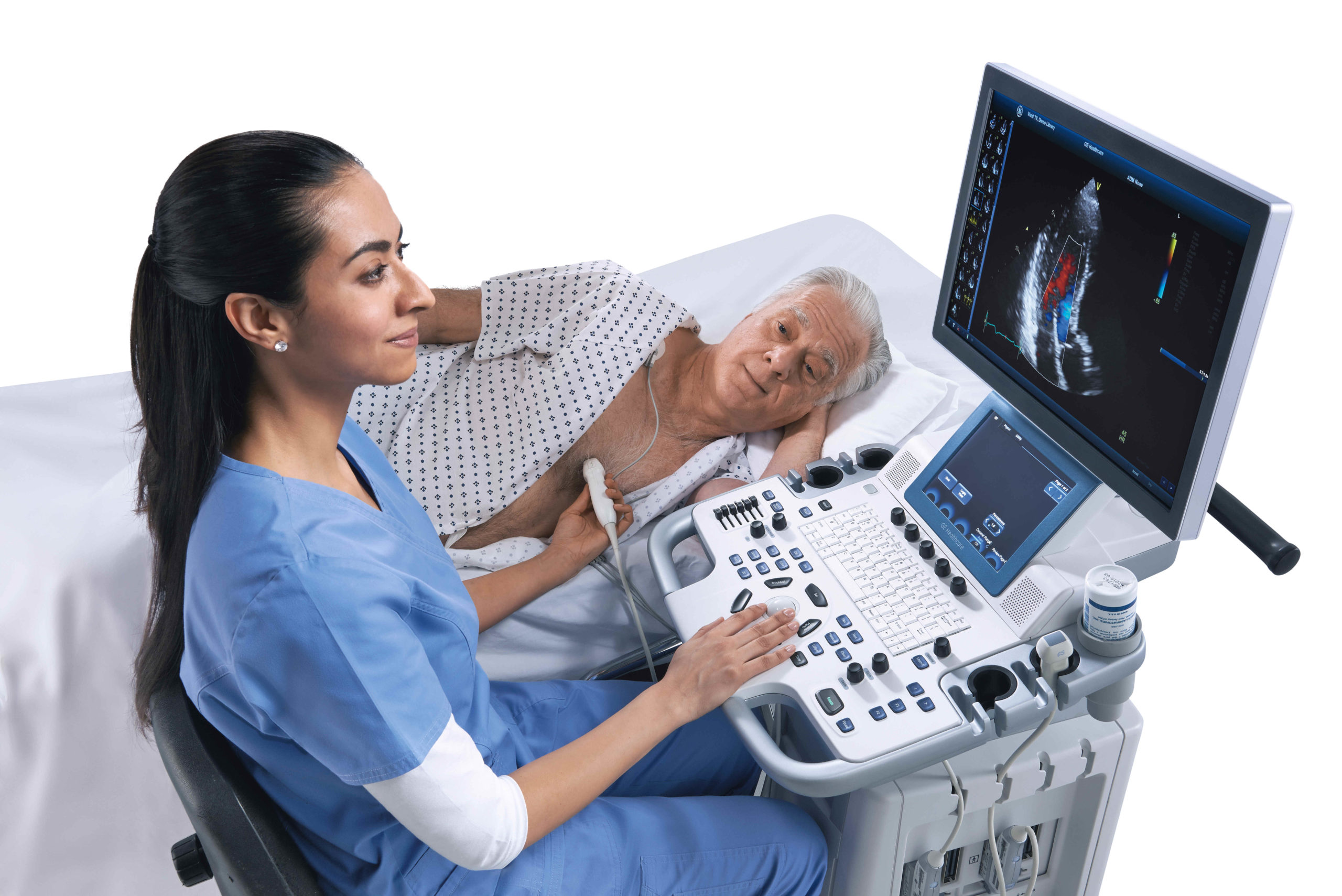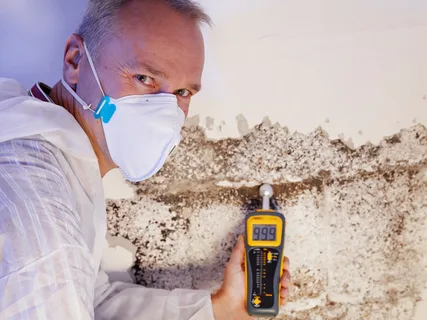Advanced Cardiology is a team of cardiologists specialising in cardiac diagnostics, treatment and care. Heart specialist Sydney aim to provide the highest standard of medical care to the people of Sydney, the NSW Central Coast and beyond. The services Advanced Cardiology offer include: Coronary Angiography Elective PCI (Percutaneous Coronary Intervention), Stent Placement Elective CABG (Coronary Artery Bypass Grafting), Intra-Aortic Balloon Pump Support Pacemaker Implantation & Follow-Up Permanent Pacemaker Implantation ICD (Implantable Cardioverter Defibrillator) Implantation & Follow-Up Cardiac Resynchronisation Therapy (CRT) & BiVentricular Pacing Implantation & Follow-Up Permanent AICD (Automated Implantable Cardioverter Defibrillator) Insertion & Follow-Up Transcatheter Aortic Valve Implantation (TAVI) Procedure Percutaneous ASD/VSD/PDA Device Closure Procedure with Transoesophageal Echocardiography Guidance
Advanced Cardiology is a team of cardiologists specialising in cardiac diagnostics, treatment and care.
 They aim to provide the highest standard of medical care to the people of Sydney, the NSW Central Coast and beyond. Advanced Cardiology is a team of Cardiologists in Sydney specialising in cardiac diagnostics, treatment and care. They aim to provide the highest standard of medical care to the people of Sydney, the NSW Central Coast and beyond.
They aim to provide the highest standard of medical care to the people of Sydney, the NSW Central Coast and beyond. Advanced Cardiology is a team of Cardiologists in Sydney specialising in cardiac diagnostics, treatment and care. They aim to provide the highest standard of medical care to the people of Sydney, the NSW Central Coast and beyond.
Cardiac specialists at Advanced Cardiology can assist with a wide range of conditions, including:
- Heart rhythm disorders (arrhythmias) – such as atrial fibrillation
- Congenital heart disease such as ventricular septal defect (VSD) or patent ductus arteriosus (PDA).
The services Advanced Cardiology offer include:
A range of services is available at Advanced Cardiology, including:
- Coronary angiography is a test used to examine the vessels in the heart
- Elective percutaneous coronary intervention (PCI) is a procedure that opens blocked arteries in the heart using balloons and stents
- Stent placement, where a device is inserted into an artery to open up blockages and improve blood flow
- Elective coronary artery bypass grafting (CABG), where surgeons create new routes around clogged arteries by taking blood vessels from other parts of your body and attaching them to your heart
- Holter Monitor Test Sydney
Coronary Angiography
Coronary angiography is a medical procedure to examine the blood vessels that supply blood to your heart muscle. It is usually performed by inserting a thin tube called a catheter through a large artery in your groin or wrist and up into your coronary arteries. The coronary arteries are small vessels that deliver oxygen-rich blood to the heart muscle (myocardium).
Elective PCI (Percutaneous Coronary Intervention)
Elective PCI (Percutaneous Coronary Intervention) is a procedure that involves inserting a thin, flexible tube called a catheter into your blood vessels to reopen blocked or narrowed coronary arteries. It’s done to treat severe coronary artery disease. Elective PCI has associated risks, like any other procedure or treatment. You may experience complications such as bleeding, blood clots in the leg (deep vein thrombosis), blood clots that travel to your lungs (pulmonary embolism), heart attack, stroke and injury to other organs such as your kidneys and liver.
The benefits of an elective PCI include the following:
- Improved survival rates from a heart attack
- Better quality of life after a heart attack
Stent Placement
A stent is a small wire mesh structure that can be inserted into your coronary artery to widen it and improve blood flow. Your cardiologist will perform the procedure under local anaesthetic at the cardiac catheterisation lab or in an operating theatre, depending on which arteries are affected.
Elective CABG (Coronary Artery Bypass Grafting)
You can have an elective CABG if you are in otherwise good health and not suffering from a heart attack. The procedure involves placing a healthy blood vessel over the blocked artery so that blood can once again flow freely to your heart muscle.
Risks of elective CABG include:
- Unplanned surgery (rare)
- Bleeding from surgery or after surgery (rare)
Intra-Aortic Balloon Pump Support
IABP is a procedure that uses a small catheter to inflate a balloon inside the aorta, which is located in the heart. This creates pressure in the blood vessels and allows them to open up; this allows more blood to flow through your body, increasing your oxygen levels. The IABP can be used as support during surgery or as a treatment for people with congestive heart failure who experience frequent angina attacks that are not relieved by medication or nitroglycerin tablets.
The benefits of IABP include the following:
- Decreasing the risk of stroke by improving blood flow
- Lowering mortality rate among patients with coronary artery disease
Permanent Pacemaker Implantation
The procedure is performed under general anaesthetic. The operation takes about an hour and may be done as an outpatient or inpatient. The pacemaker is usually placed in the upper chest, next to your heart, using a small incision just below your collarbone (upper sternum). It may also be placed under your skin on your chest wall. A lead wire is connected from the device to one of your heart’s chambers (ventricles), stimulating regular beats at a preset rate depending on the type of permanent pacemaker you have.
Transcatheter Aortic Valve Implantation (TAVI) Procedure
TAVI is a minimally invasive heart valve procedure. It is an alternative to open heart surgery and is performed through a catheter in the femoral artery. The doctor uses ultrasound for guidance as they insert a small tube into your body. The doctor then puts a new valve in place of your old one, which has been damaged by coronary artery disease.
Percutaneous ASD/VSD/PDA Device Closure Procedure
The procedure is performed by placing a device (a small mesh tube) into the left atrium and then through the interatrial septum. This procedure aims to close an opening in the heart called a patent foramen ovale (PFO). A PFO can cause blood clots to travel to your brain and cause strokes.
A PFO closure device may be recommended if you have the following:
- A history of stroke or transient ischemic attack (TIA), which are episodes caused by the insufficient blood supply to part of your brain
- The known or suspected presence of a PFO
Percutaneous PFO/ASD/VSD Device Closure Procedure with Transoesophageal Echocardiography Guidance
Congenital heart diseases are a group of conditions present at birth that affect the heart. They can be complex and often require surgery. PFO, ASD, VSD and other congenital heart defects may lead to stroke or other cardiovascular problems. The procedure is done under local anaesthetic with sedation or general anaesthetic, depending on your preferences and medical history. The process takes about 1 hour to perform, and post-procedure recovery time is usually about two days for the full resumption of activities, but this will depend on your current health status.
Conclusion
Advanced Cardiology is the best choice for your heart health. We offer the latest medical technology and the most up-to-date procedures so you can get back on track with your life.
Related Websites
Articles on Blogshunt
Articles on Blogseu
Articles on Thebigblogtheory
Articles on Allcityforums



